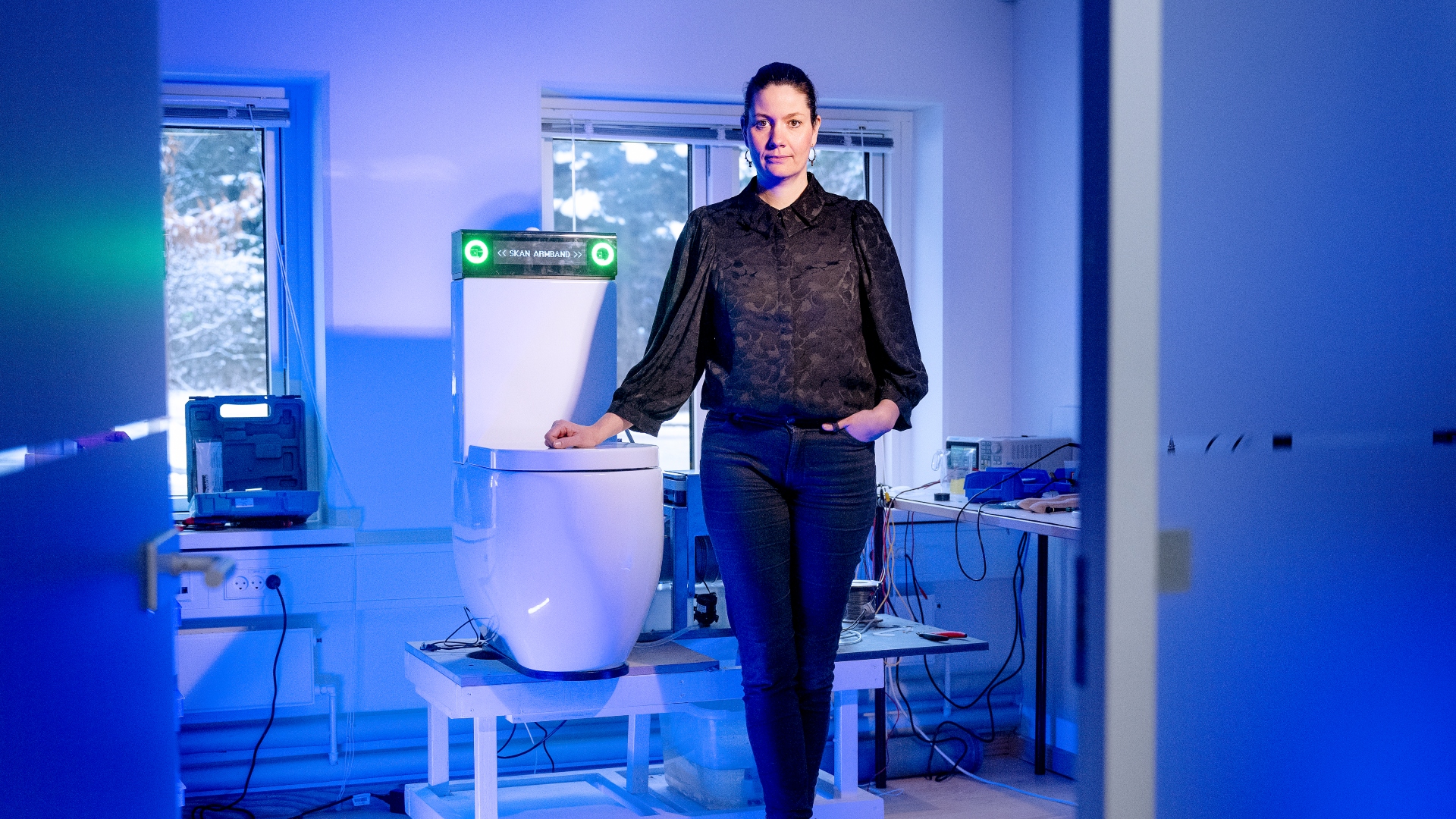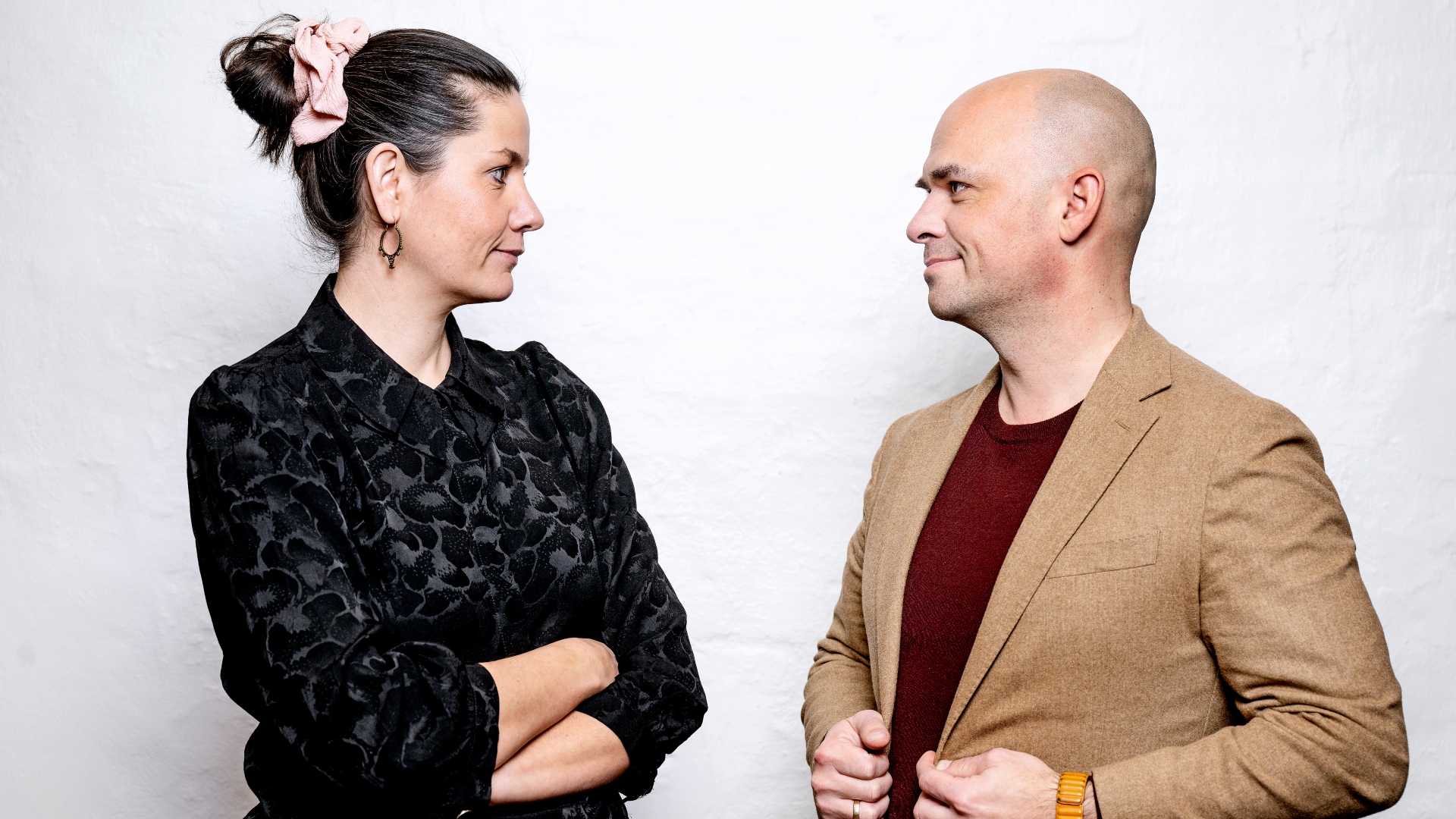Teaching for students and investors
Mikkel Næsager teaches entrepreneurs and students how to answer prevention questions with promotion answers in several contexts. In addition, one day a week he coaches, among others, the students on DTU Entrepreneurship’s course for entrepreneurs X-Tech. DTU X-Tech is an accelerated learning programme that combines engineering, business, and marketing students with inventions, patents, and technological needs from industry partners and DTU research.
“Investors—both men and women—are going to ask these types of questions. It’s an unconscious bias, and not something they do intentionally. If we’re to have more variation in the types of businesses that are invested in, this requires women founders to get optimal insight into and training in how to present their start-ups, and investors to be aware that they should not fall into the trap where their brain says: it’s a woman sitting there, so I now need to ask a prevention question,” says Mikkel Næsager.
The latest report from the research firm International Data Coorporation, IDC, shows that, in 2021, European start-ups founded by women attracted only 1.5 per cent of the total investments, while start-ups founded by men received 89 per cent. In the first six months of 2022, the corresponding Danish figures for funding for businesses with exclusively women founders were only 0.1 per cent of the venture funding, according to the latest report from Unconventional Ventures 2022.
Greater diversity in types of start-ups
Mikkel Næsager sees great potential in promoting different types of projects in the start-up environment and believes that greater diversity in the projects is necessary if society is to meet future challenges.
“We’re looking into a market where the workforce in Europe is shrinking, fewer children are being born, and people are living longer. For these reasons alone, it’s important that we get women more involved, but we also urgently need the type of innovation and the businesses they more often have an eye for.”
Mikkel Næsager points out that there is a need for solutions to the current challenges of handling child care, elderly care, and nursing care with fewer employees.
“That innovation has to come from the start-up environment. It’s businesses like Measurelet that will free up time, and it’s businesses like Yuman that will move tasks from nurses to robots. And a joint feature of many of the health-tech companies that originate from DTU is that they have women among their founders. The best start-ups are often founded by people who have in-depth expertise in a given field. In fields such as nursing, pedagogy, and among other professional groups with the right solutions and the right understanding of the problems, these are often women. So we need to bring them into play and to make investors aware of them,” says Mikkel Næsager.
Special programmes for women
Mikkel Næsager believes that there is a need for research activities and a subject in the study programmes where the students learn what they can do to counteract and deal with differential treatment based on gender. In addition, he calls for programmes that specifically cater for female entrepreneurs.
At DTU, that could be a track on the X-Tech Entrepreneurship course exclusively for women entrepreneurs, or it could be innovation courses in DTU’s innovation hub, Skylab, where the University reserves the workshops for young women.
“There are talented women entrepreneurs who succeed in the programmes we have today. But the numbers show that we are not there yet. Targeted programmes will give even more women the best opportunities for getting started and succeeding with entrepreneurship. Today, the advice is often that you have to succeed on the men’s terms—and we simply must be able to do better,” says Mikkel Næsager.
He points out that there is also a need for greater insight into men and women having different approaches to building up a business. Women focus more on analysing risks and keeping track of things, and this is part of the reason why start-ups founded by women generate better returns on investments than start-ups founded by men. Figures from 2019 from the American non-profit organization Slush show that Nordic start-ups founded by women generate 45 per cent higher returns per invested Euro than their male counterparts.

